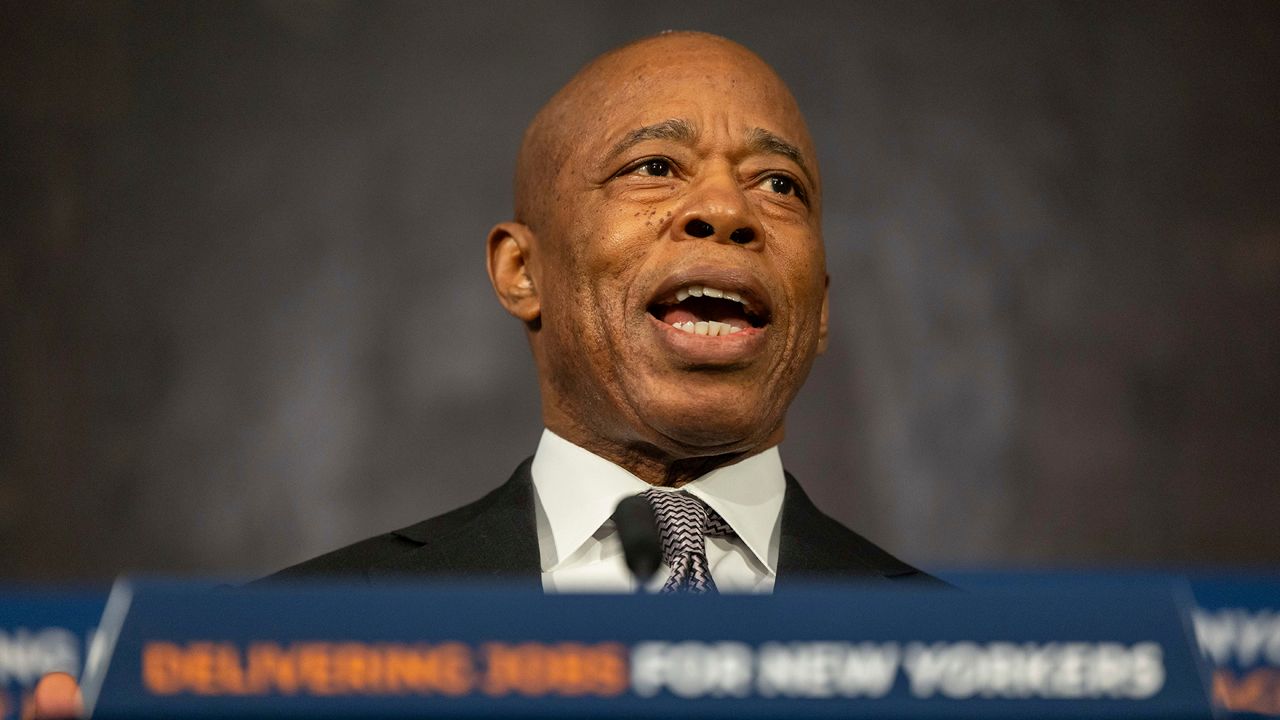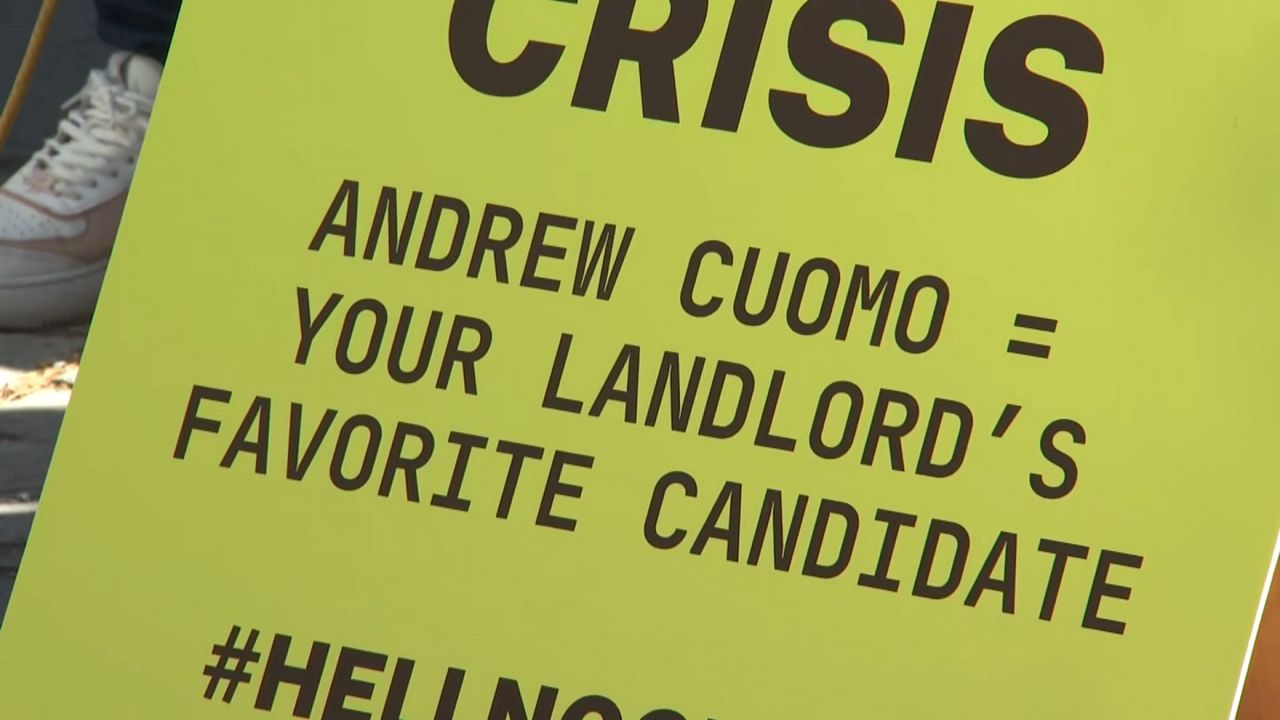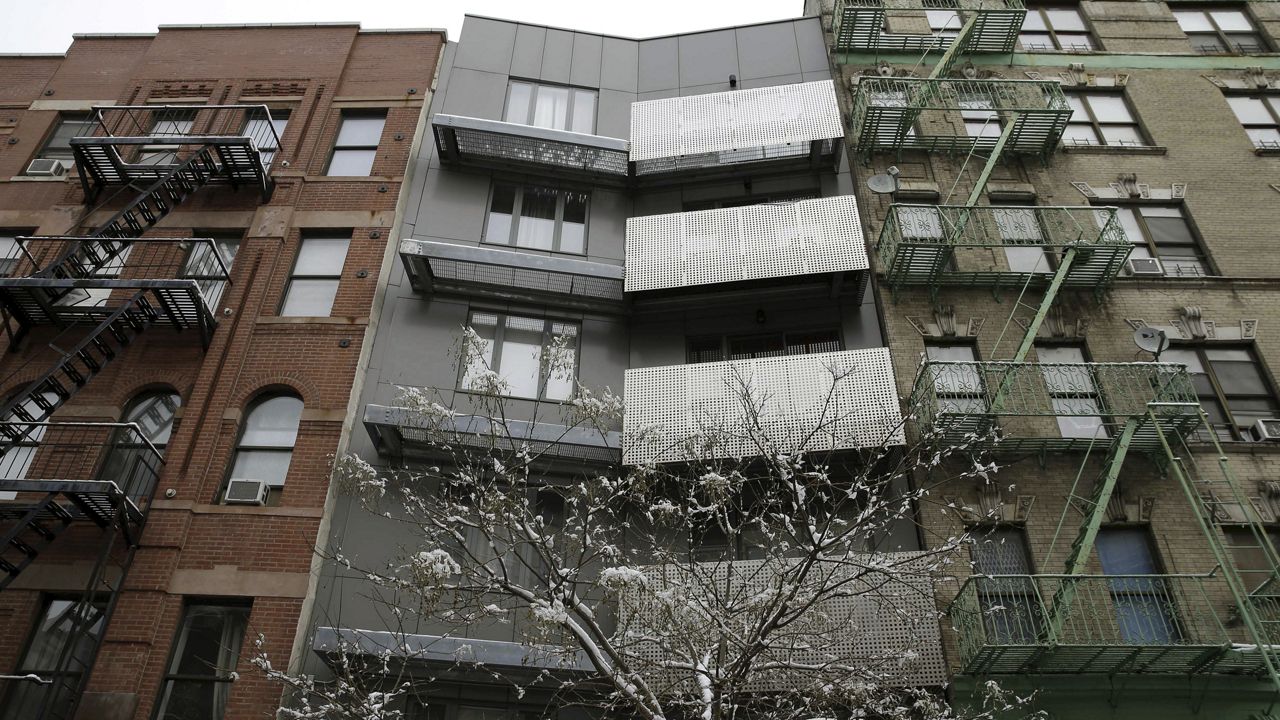NEW YORK - For at least the next three months, certain tenants who are facing financial hardship because of the pandemic will continue to be protected from being forced out of their homes.
Governor Cuomo extended an eviction moratorium through January 1 on Monday, saying in a statement that tenants should "have fundamental stability in their lives as we recover from this crisis."
However, some tenant advocates said that, if that's true, the state has to do much more than extend legislation they consider to be seriously flawed.
"[It] still drags tenants into court, puts the burden on them to prove financial hardship, allows for judicial discretion," said Rebecca Garrard of Citizen Action of New York. She takes issue with the Tenants Safe Harbor Act, which was signed into law in June and requires tenants to provide proof that they need help.
"Gig workers or our undocumented community neighbors have a really difficult time proving that COVID impacted their income. That reporting and that record keeping is really hard to negotiate and is often not satisfactory to a judge," said Garrard.
The law prevents landlords from evicting a tenant for unpaid rent that accrued from March 7, but renters will still be on the hook to pay that back rent.
Attorneys with the Legal Aid Society told NY1 it leaves one group of renters completely unprotected.
"Many tenants don't have leases currently, are unregulated tenants and those tenants face holdovers at the end of their leases when they can't pay their rent and not non-payment proceedings. So for those folks, they can be facing eviction as early as October 1," said Judith Goldiner, attorney-in-charge of the Legal Aid Society’s Civil Law Reform Unit.
Advocates maintain that tenants need real rent relief that will prevent the surge in evictions they say is inevitable, and which would make a bad situation worse.
"In a public health crisis, having more people become homeless is a really bad idea," said Goldiner.






_PKG_Hudson_Yards_Zoning_Hearing_CG)


